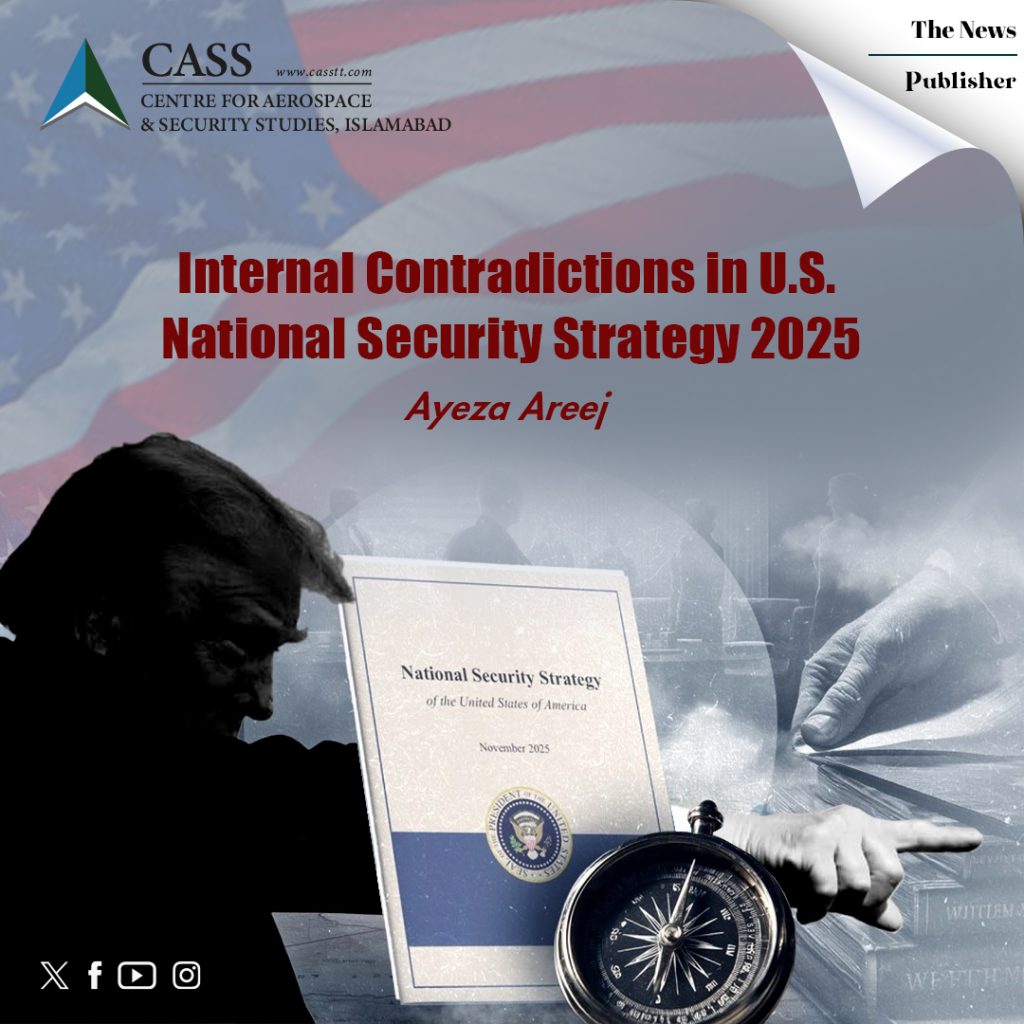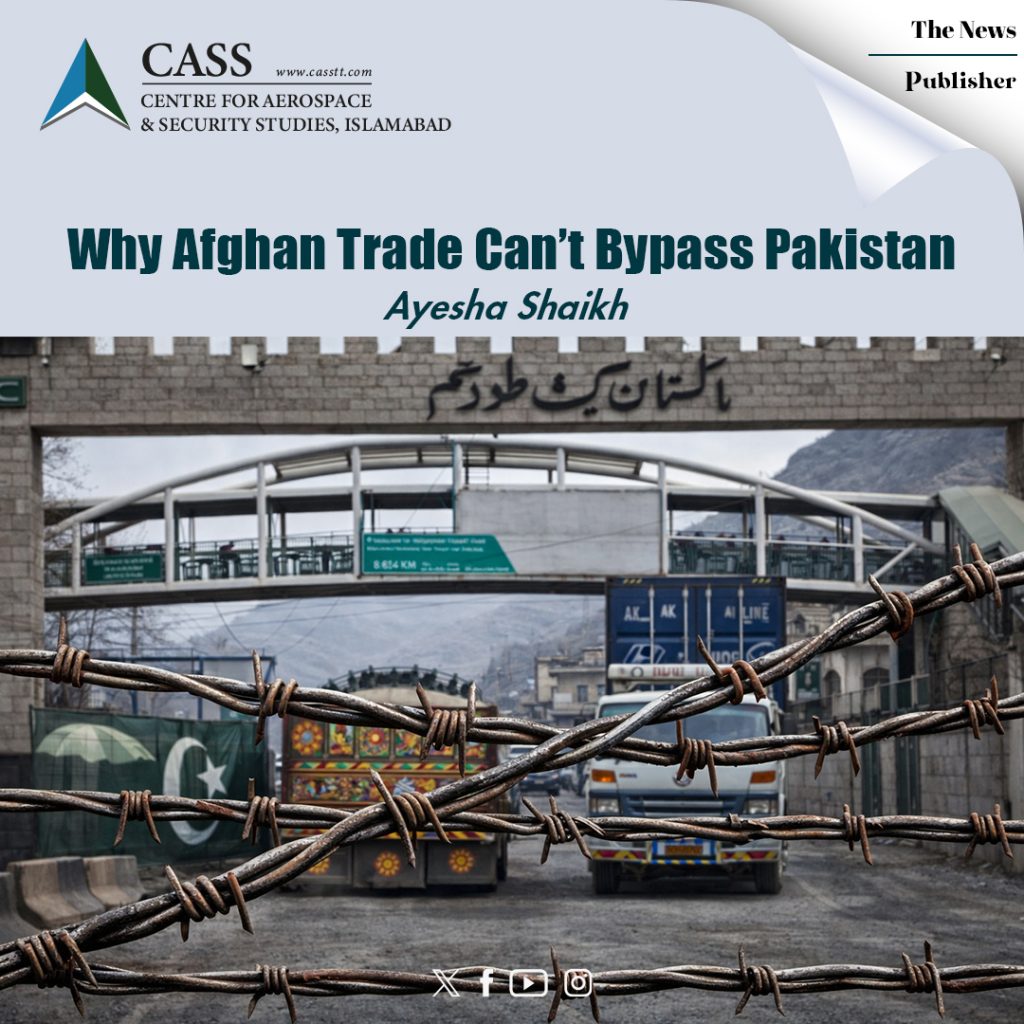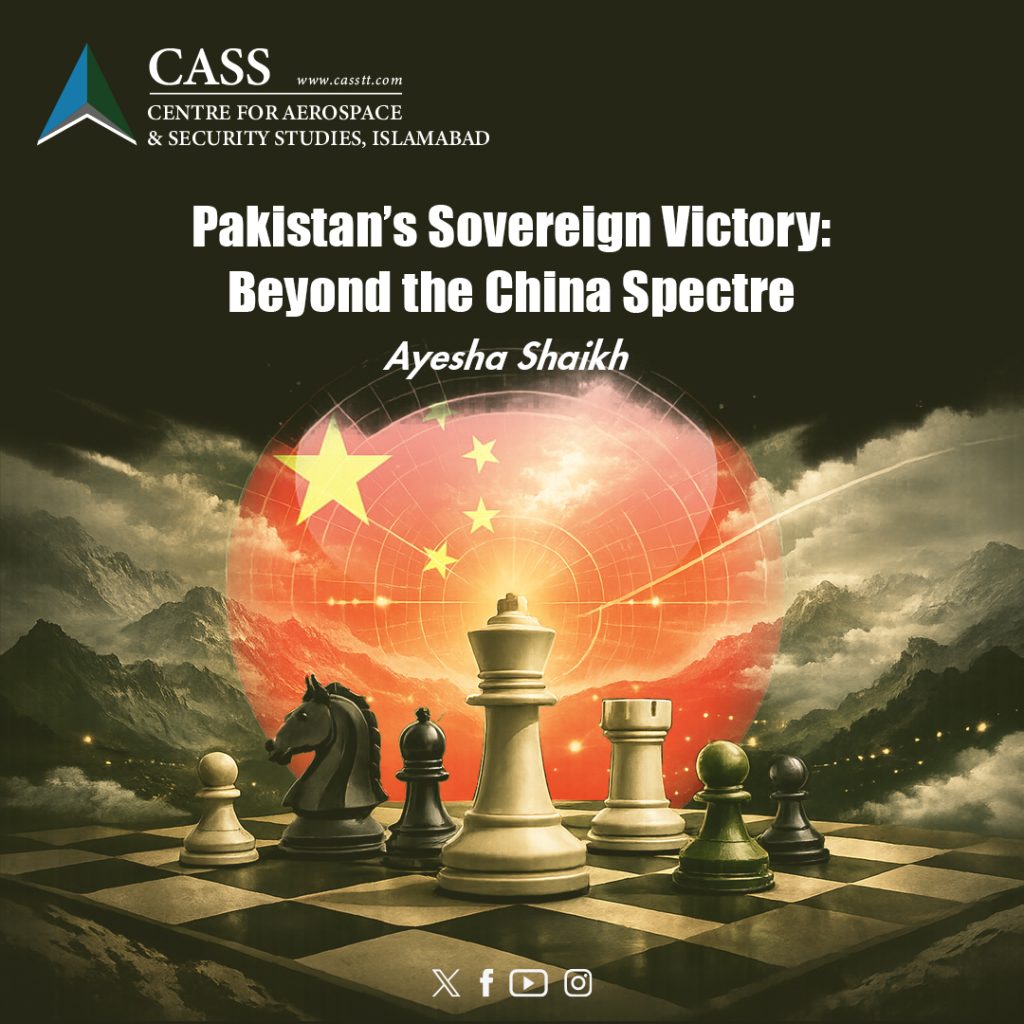The world was yet again left aghast by the scale of global money laundering when the recent FinCEN leaks were brought to public attention. The litany of files, assiduously studied and revealed by the International Consortium of Investigative Journalists (ICIJ), covers an 18-year period worth of suspicious transactions worth a colossal $2 trillion. Even then, files that comprise the FinCEN leaks are thought to amount to a mere 0.02 percent of total reports filed by banks with FinCEN during that period.
For its part, FinCEN is a branch of the US Treasury which receives “suspicious activity reports” (SARs) filed by banks as part of their oversight of transactions. Filing an SAR is not the only measure banks are meant to take; it is in fact just the very first step in maintaining a strong anti-money laundering oversight regime. What comes out from the ICIJ’s study of the FinCEN files gives us an indication of just how international capital has been laundered into a parallel economy that benefits only very limited but powerful global interests.
Who are the culprits involved in all this dirty money? If one were to believe the politicised gimmicks of the Financial Action Task Force (FATF), Pakistan would be #1 on the list and sure to be blacklisted for monstrous financial crimes. Yet the biggest money-launderers identified by far include JPMorgan Chase, HSBC, Standard Chartered, Deutsche Bank, and Bank of New York Mellon. North American and European banks are in fact the worst perpetrators of money laundering in the world, and FinCEN helps to cement that realisation of the West’s culpability in global money laundering.
Where does Pakistan fit into the FinCEN files? According to the preliminary analysis, there is a mere $2.5 million of supposed money laundering in FinCEN’s leaked SARS. In other words, Pakistani SARs amount to a tiny drop in the ocean ($2.5 million out of more than $2 trillion), a paltry sum if there ever was one. This begs the question of why Pakistan is constantly singled out for the FATF’s grey list and possible blacklisting.
This is particularly true when one examines the presence of Indian banking institutions among the FinCEN files, which flag $890 million potentially suspicious transactions that involve almost all major Indian lenders ($400m outbound and $490m inbound). In other words, the value of Indian suspicious transactions might be 400 times larger than that in Pakistan. But does the international financial sanctions regime take note of this?
It is baffling to see why the FATF constantly singles out Pakistan, given that the scope of global money laundering is in fact countless orders of magnitude greater in the West, not to mention India. Yet the Western capitals point their fingers incessantly at Pakistan’s financial oversight. It goes without saying that, if one were to take global money laundering seriously, one would in fact sanction New York, London, and Frankfurt to the hilt.
But of course, that is not the real purpose of the FATF in global financial regulation, and the fact that the FinCEN files shed new light on suspicious international financial activity is an indictment of the FATF’s misguided zeal. Where was the FATF in uncovering the transactions shown by the FinCEN? and why has civil society (the ICIJ) had to take the initiative in revealing global money laundering?
Sadly, the same question could have been posed of the FATF with each major leak that has occurred in the past decade, including: the Panama Papers (2016), the Paradise Papers (2017), the Lux Leaks (2014), and the Swiss Leaks (2015). The scope of money laundering, fraud, organised crime, and terrorist financing continues to grow, all under the FATF’s nose. Its discriminatory and selective approach towards a country such as Pakistan belies how poorly the FATF has fared in controlling what it was meant to control around the world since its founding in 1989.
This is not to say that the FATF’s recommendations should not be followed in Pakistan. Far from it, Pakistan requires an accountable, dynamic, transparent, and well-regulated financial architecture driven by the rule of law and financial professionalism. But the FATF’s attempts to brutally cage the world’s fifth largest population is a wretched attempt at that goal.
We should also note that, in treating money laundering and suspicious financial activity as a global problem, the solution will not be found in shackling the doors of rural seminaries in the Third World. Rather, it will be found in bringing to account those in pinstripe suits behind swanky glass offices in major world capitals. If not, money laundering will continue to swell and worsen, all while the FATF sleeps.
-Dr. Usman W. Chohan is the Director for Economics and National Affairs at the Centre for Aerospace and Security Studies (CASS). This article was first published in The Nation newspaper. He can be reached at [email protected].





